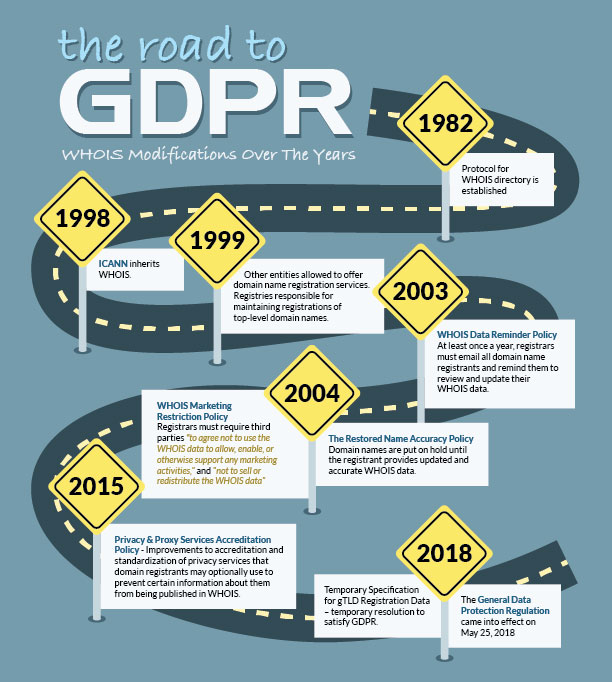
We have been getting a lot of requests lately from people trying to buy domain names from us. Usually, this is a pretty good thing for us. After all, we are in the business of selling domain names. The problem is they think we, 101domain, own the domain name they want because of the new domain privacy protection.
Usually how it works is it starts with an idea for a new project or business. You think of the perfect name for it, a million-dollar name if you will. A website is necessary to spread the word about this great new idea. In anticipation, you search to see if the domain name is available. When you search for the domain name you realize it is unavailable. Most likely someone already owns this domain name. In other, less likely cases, the domain name could be a restricted name, held by the domain Registry.
The next step is to research the name. Visit the website, see if it is being used or it. Does it have content on it? Is the content updated frequently? Is it visibly for sale with contact information of the seller listed on the landing page? If not, you can continue your research with the WHOIS database. The WHOIS database is the central repository of domain owner information for all ICANN-regulated domains. This will tell you if the domain owner has private domain registration.
What is domain privacy protection?
Domain private privacy protection is a service that shields your information from being published on this public database. Every domain owner is required to have accurate contact information.
How domain private registration works:

You register your domain names with accurate contact information and add private domain registration at checkout.

Your Registrar will shield your information from the public and replace it with contact information of a privacy protection service.

Although your information is protected, contact requests will still be sent to you. The privacy service filters the spam so you only get legitimate requests forwarded to your inbox.
How has domain private registration changed over the years?
In order to understand where domain privacy protection stands today, you must first understand the history of WHOIS. WHOIS Regulations have changed numerous times over the years but no modifications have been as drastic as the introduction of GDPR.
Since GDPR came into effect most Registrars have chosen to omit public WHOIS records because it violates the regulation. However, Registrars are still required to create a public WHOIS record.

To satisfy both GDPR and ICANN requirements, Registrars are essentially providing free domain privacy services to all ICANN-regulated domains. When people search for information on domain owners and see 101domain information they mistakenly assume we are the domain owner. This is not the case. We shield our customer’s personally identifiable information and show the information from our private domain registration service.

How WHOIS information looks for all of our clients today.
Is domain privacy protection needed?
If most Registrars are already shielding personally identifiable information of domain owners because of GDPR, you may be wondering why even bother with domain privacy protection? Even though we shield our customer’s WHOIS information on our website we are still required to share that information. Our policy is to protect publicly available personally identifiable information, but Registries require domain owner contact information from us. Any domains that are not regulated by ICANN, like country code domains, do not have the same commitment to GDPR. If you do not add private domain registration at checkout your information is susceptible to display on the Internet via the WHOIS database.